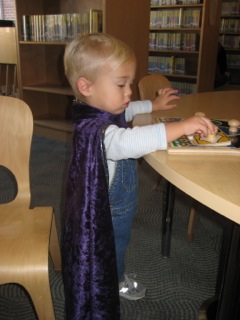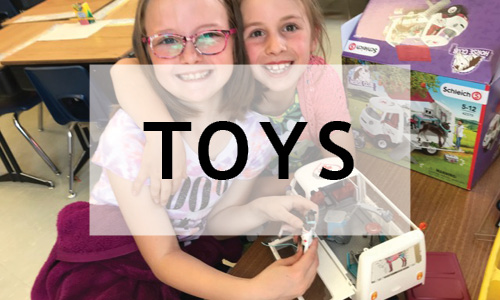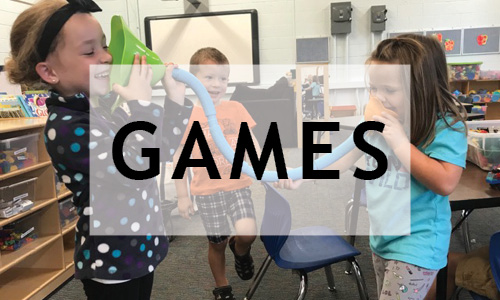 The front page story in the New York Times today has a fascinating article on a new study reinforcing the results of research two decades ago, finding that children of higher income families hear a greater quantity of words than those in low income families, and the gap widens beginning at 18 months. Here is a recap of the article, thanks to my husband who took great notes! It reinforces the idea that as speech pathologists we need to continue the drumbeat to educate ALL parents on how to talk and play with their preschoolers to encourage language development and reading.
The front page story in the New York Times today has a fascinating article on a new study reinforcing the results of research two decades ago, finding that children of higher income families hear a greater quantity of words than those in low income families, and the gap widens beginning at 18 months. Here is a recap of the article, thanks to my husband who took great notes! It reinforces the idea that as speech pathologists we need to continue the drumbeat to educate ALL parents on how to talk and play with their preschoolers to encourage language development and reading.
Language-Gap Study Bolsters a Push for Pre-K by M. Rich, NY Times, 10/22/2013
- 90’s study showed that low income kids have heard millions fewer words by age 3
- New study shows a language gap as early as 18 months
- “Professional” parents speak 30 million more words to their kids by age 3
- Reading challenges persist where oral language and vocabulary are anemic
- As income disparity widens, literacy/language gaps widen and are hard to undo
- Literacy experts have documented the importance of:
- Early vocabulary strength links to later success in reading comprehension
- Natural conversations with children (versus memorizing flashcards)
- Asking questions while reading books
- Helping children identify words during playtime
- The best fix to these problems may be surprising
- Study showed < 15% of classes had effective teacher-student interactions
- Generally unrealistic to put kids in a “program” to fix vocabulary/literacy, without teacher training
- School based in-class interactions and programs not the cure-all
- Is it ALL about income gaps?
- NO! … A study showed that among 29, 19 month-olds, all from low income households, some heard as few as 670 “child directed words” in one day, yet others as many as 12,000 (and the those in the“more” group were able to understand words more quickly and had larger vocabularies by age 2)
- TO ADDRESS THE LANGUAGE GAP … engage verbally at home.
“Even in families that are low income and perhaps don’t have a lot of education, there are some parents that are very engaged verbally with their kids, and those kids are doing better in language development.” Adriana Weisleder, Stanford
University
SUMMARY: Kids are language driven computers from very early on, and the quantity and quality of input counts. Kids who are intentionally engaged through social interaction, reading and play respond consistently with better understanding, larger vocabularies and stronger reading comprehension, all tied to the quality of their lives and the development of their capacities. Cognition starts early, input is directly proportional to output, the results of a lack of input, or poor input is well documented, as are the rewards of intentionality.
REFERENCES: Anne Fernald, psychologist and graduate assistant, Adriana Weisleder, Stanford University; Kris Perry, executive director of the First Five Years Fund; National Institute for Early Education Research at Rutgers University; David Dickinson, Vanderbilt University; Catherine Snow, Harvard University; Robert Pianta, dean of the Curry School of Education at the University of Virginia, W. Steven Barnett, director of the National Institute for Early Education Research; Anne E. Cunningham, a psychologist and literacy specialist from the University of California



